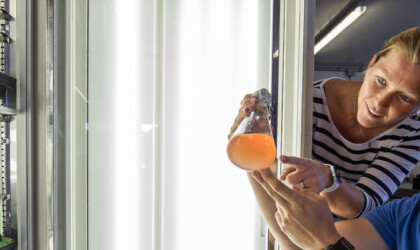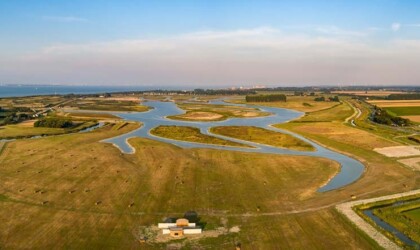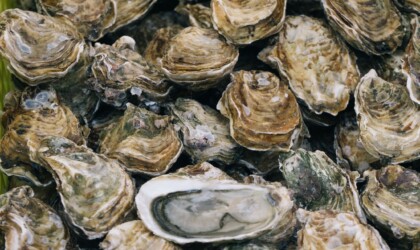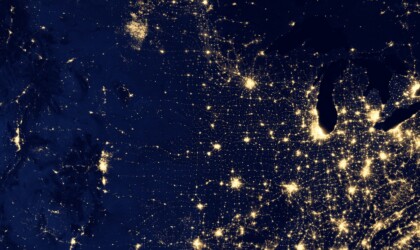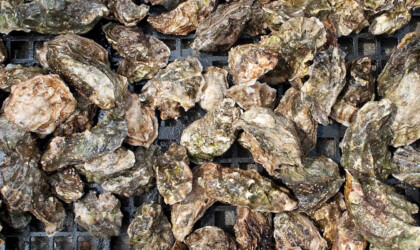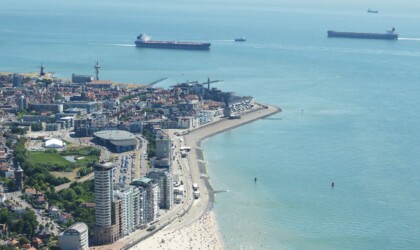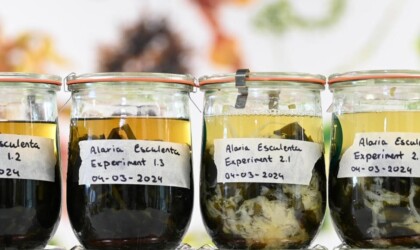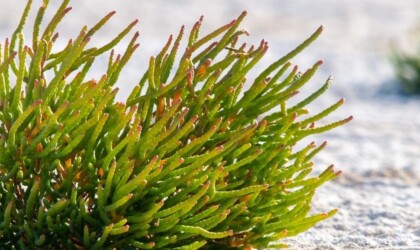Many of the young mussels (mussel seed) that grow into Zeeland mussels in the Eastern Scheldt originate from the Wadden Sea. To better protect nature in the Wadden Sea, an agreement (a covenant) has been established between the Ministry of Agriculture, Nature and Food Quality (LNV), nature organisations (the Wadden Association, BirdLife Netherlands, Natuurmonumenten, and Stichting Wad), and the Dutch Mussel Producers’ Organisation.
This covenant stipulates, among other things, that bottom mussel seed fishing will be phased out, with a complete ban coming into force by 2029. Alternatives to bottom seed fishing, such as the suspension of ropes in the water column for mussel larvae to attach to (MZIs), have proven to be successful. The covenant also includes a pilot project to examine the feasibility of mussel farming using so-called suspended culture in the Dutch coastal zone (Voordelta). This project focuses on that initiative. It represents a necessary first step towards further scaling up mussel farming to offshore locations.
The suspended mussel culture pilot aims to carry out technical research into the suitability of different suspended mussel culture techniques, in order to identify the most appropriate site-specific method for upscaling after 2024. The project will also gather information to provide insight into its financial and economic viability. Various mussel seed collection and grow-out techniques will be tested at multiple locations in the Voordelta.
Three systems
Three systems are being tested: longlines with buoys, submerged longlines, and so-called ‘Easy Farms’—tubes fitted with netting substrate. Various treatments are being compared across these systems to determine which combination yields the best results. Examples of treatments include cultivating half-grown mussels sourced from other locations and collecting mussel larvae (mussel seed) on site. The collected seed may then remain suspended until it reaches consumption size, be thinned out partway through, or be transferred directly into socks for further growth.
In addition to assessing the suitability of the different techniques and monitoring mussel growth and survival, the project will examine possible effects of suspended mussel cultures on bird and fish presence, as well as on the seabed composition beneath the farms. Understanding potential ecological impacts is crucial, for example, when applying for permits for further scaling-up if the pilot proves successful.
Experiments abroad
This research is necessary because mussel farming using suspended culture currently only takes place in sheltered waters in the Netherlands, such as the Eastern Scheldt. Offshore suspended mussel farming is not yet practised in the Netherlands. However, experiments abroad have shown that offshore suspended mussel cultivation is possible, though its success greatly depends on selecting suitable locations and appropriate techniques.
The findings are expected to be published at the end of the project, in December 2024, including on the website of HZ University of Applied Sciences, where the results will remain available for at least five years after project completion. The findings will also be available free of charge upon request to any businesses active in the relevant sector or sub-sector.
Funding is provided by the Sustainable Fisheries and Aquaculture Subsidy Scheme (SDVA).


